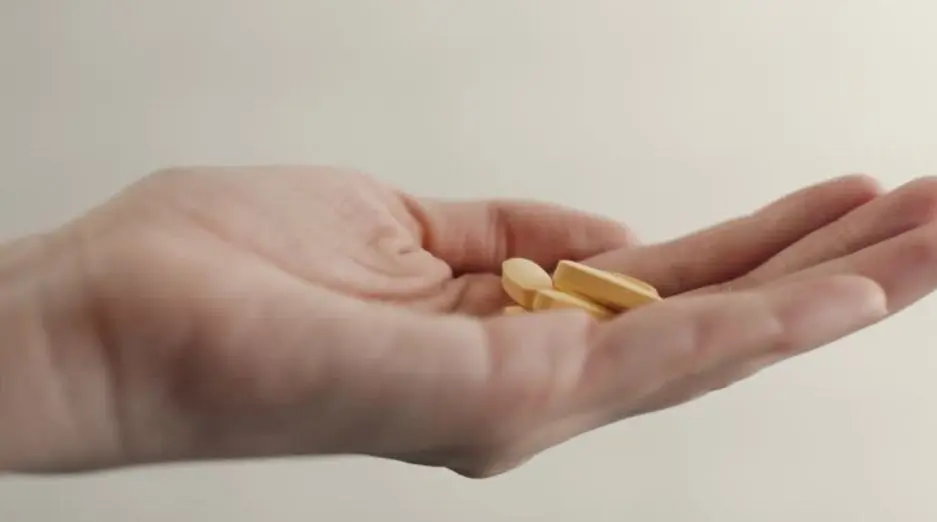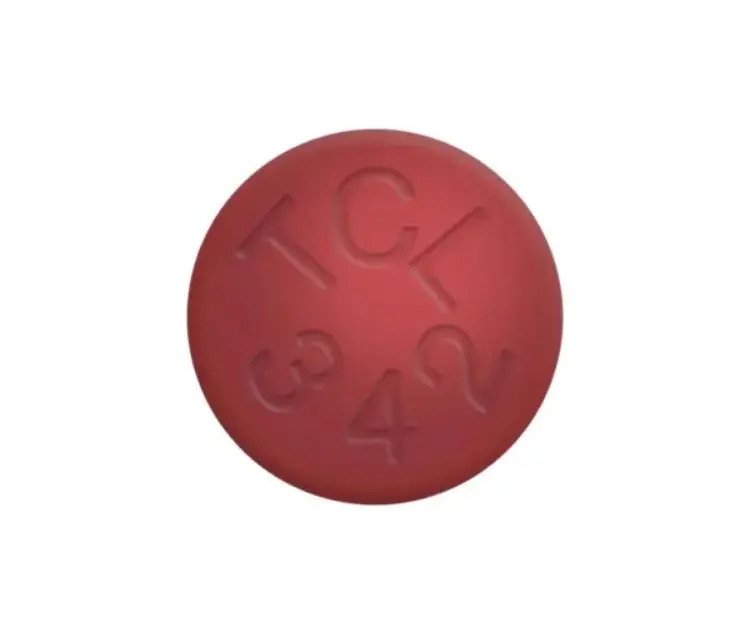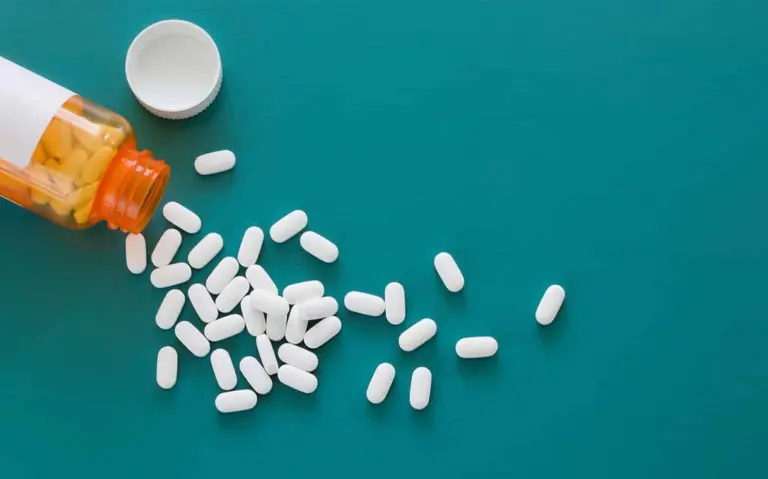Yellow Pill with Heart: Understanding Its Purpose and Usage
When it comes to medications, identifying pills correctly is crucial for safe and effective treatment. One particular pill that often catches attention is the yellow pill with a heart imprint. This distinctive appearance makes it easily recognizable, but what exactly is this medication used for? Let’s take a closer look at this unique pill and uncover its purpose, benefits, and important considerations.
What is a Yellow Pill with Heart?
The yellow pill with a heart imprint is a low-dose aspirin tablet, specifically an 81 mg enteric-coated aspirin. This medication is commonly used for its antiplatelet properties, which help prevent blood clots from forming in the body.
The heart-shaped imprint on the pill serves as a visual reminder of its primary use in cardiovascular health. The yellow color and round shape make it easily distinguishable from other medications, reducing the risk of confusion.
Key features of this pill include:
- Color: Yellow
- Shape: Round
- Size: Approximately 7mm in diameter
- Imprint: Heart symbol
- Active ingredient: Aspirin (acetylsalicylic acid)
- Dosage: 81 mg
Uses of the Yellow Heart Pill
The yellow pill with a heart imprint is primarily prescribed for its cardiovascular benefits. Its main uses include:
1. Heart Attack Prevention
Low-dose aspirin can help reduce the risk of heart attacks in individuals with a history of cardiovascular disease or those at high risk. It works by preventing blood platelets from sticking together and forming clots that could block arteries.
2. Stroke Prevention
Similar to its role in heart attack prevention, this medication can help lower the risk of ischemic strokes by reducing blood clot formation in the brain’s blood vessels.
3. Management of Angina
For individuals with stable angina (chest pain), low-dose aspirin may be prescribed as part of a comprehensive treatment plan to improve blood flow to the heart.
4. Post-Surgery Clot Prevention
After certain surgical procedures, especially those involving the heart or blood vessels, doctors may recommend taking this low-dose aspirin to prevent blood clots during the recovery period.
How the Yellow Heart Pill Works
The yellow pill with a heart imprint contains aspirin, which belongs to a class of medications known as nonsteroidal anti-inflammatory drugs (NSAIDs). However, when used in low doses, its primary action is as an antiplatelet agent.
Here’s how it works:
- Aspirin inhibits the production of prostaglandins, substances that promote inflammation and pain in the body.
- At low doses, it specifically targets an enzyme called cyclooxygenase-1 (COX-1) in platelets.
- By inhibiting COX-1, aspirin prevents platelets from producing thromboxane A2, a substance that causes platelets to stick together.
- This action makes platelets less “sticky,” reducing their ability to form clots.
- The enteric coating protects the aspirin from breaking down in the stomach, allowing it to be absorbed in the small intestine.
Proper Usage and Precautions
While the yellow pill with a heart imprint can offer significant benefits, it’s essential to use it correctly and be aware of potential risks:
Dosage and Administration
The typical dosage is one 81 mg tablet daily, but always follow your doctor’s instructions. It’s usually taken with a full glass of water, with or without food. The enteric coating allows for easier digestion, but if stomach upset occurs, taking it with food may help.
Precautions
Before starting this medication, inform your doctor if you have:
- A history of stomach ulcers or bleeding disorders
- Liver or kidney disease
- Asthma
- Upcoming surgical procedures
- Allergies to aspirin or other NSAIDs
Potential Side Effects
While generally well-tolerated, some individuals may experience side effects such as:
- Stomach upset or heartburn
- Nausea
- Easy bruising or bleeding
- Allergic reactions (rare)
If you experience severe side effects or signs of an allergic reaction, seek medical attention immediately.
Interactions and Contraindications
The yellow heart pill can interact with various medications and substances. It’s crucial to inform your healthcare provider about all medications, supplements, and herbal products you’re taking. Some notable interactions include:
Medications to Watch
- Blood thinners (e.g., warfarin, heparin)
- Other NSAIDs (e.g., ibuprofen, naproxen)
- Certain antidepressants
- Some diabetes medications
Substances to Avoid
Limit or avoid alcohol consumption while taking this medication, as it can increase the risk of stomach bleeding. Additionally, be cautious with caffeine intake, as it may enhance some of aspirin’s effects.
Frequently Asked Questions (F.A.Q)
Q1. Can I take the yellow heart pill for pain relief?
While the yellow heart pill contains aspirin, its low dose (81 mg) is primarily intended for cardiovascular benefits, not pain relief. For pain management, consult your doctor for appropriate options.
Q2. Is it safe to take this medication daily?
For many people, daily low-dose aspirin is safe when prescribed by a doctor. However, long-term use should be monitored by a healthcare professional to assess ongoing benefits and potential risks.
Q3. Can I crush or chew the yellow heart pill?
No, you should not crush or chew this pill. The enteric coating is designed to protect your stomach and ensure proper absorption. Swallow the tablet whole with water.
Q4. What should I do if I miss a dose?
If you miss a dose, take it as soon as you remember. However, if it’s close to the time for your next dose, skip the missed dose and continue with your regular schedule. Do not double up on doses.
Q5. Can pregnant women take the yellow heart pill?
Pregnant women should consult their healthcare provider before taking any form of aspirin. In some cases, low-dose aspirin may be prescribed during pregnancy, but only under medical supervision.
Wrapping Up
The yellow pill with a heart imprint is a valuable tool in cardiovascular health management. Its unique appearance serves as a reminder of its important role in preventing heart attacks and strokes. While it offers significant benefits for many individuals, it’s crucial to use this medication under the guidance of a healthcare professional. Always follow prescribed dosages, be aware of potential interactions, and report any unusual symptoms to your doctor. With proper use and monitoring, this small yellow pill can play a big part in maintaining heart health.







